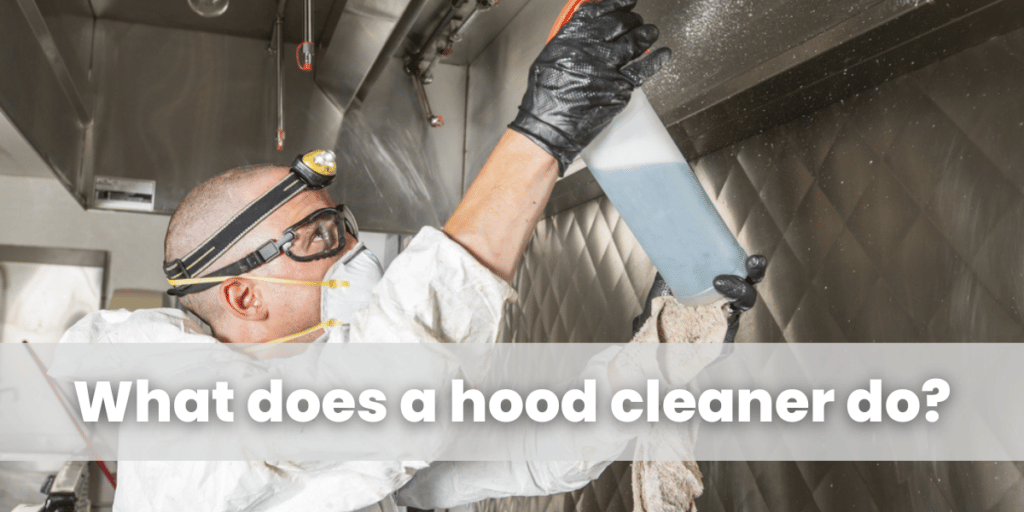How Hood Cleaning Can Help Prevent Kitchen Fires
If you’re a restaurant owner, then you know that keeping your kitchen clean is one of your top priorities. Not only does it need to be clean for the health inspection, but it also needs to be clean for the safety of your employees. One area that is often overlooked when it comes to kitchen cleaning is the exhaust system. The ducts, hood, fan, and vents can accumulate a lot of grease over time and if they’re not cleaned regularly, it can be a serious fire hazard. That’s why it’s important to have a hood cleaner come in and clean your exhaust system on a regular basis.
How Hood Cleaning Works
The professional cleaners who perform hood cleaning use high-powered pressure washers and vacuums to remove all the grease and grime from the ducts, hood, fan, and vents. They will also clean other areas of the kitchen exhaust system such as the filters, exhaust fans, and rooftop ventilation units. In addition to removing the grease buildup, they will also make sure that all the parts of the system are in working order and that there are no blockages or leaks.
Importance of Regular Hood Cleaning
It’s important to have your exhaust system cleaned on a regular basis for two main reasons. First, as we mentioned before, grease buildup is a serious fire hazard. If there’s a grease fire in your kitchen, it could spread quickly and cause a lot of damage before the fire department arrives. Second, if your exhaust system is not working properly, it won’t be able to do its job of ventilating the kitchen effectively. This can lead to poor air quality and increased levels of smoke and fumes in the kitchen which can be dangerous for your employees.
If you own a restaurant, then you need to make sure that you have your exhaust system cleaned on a regular basis by a professional hood cleaner. Grease buildup is a serious fire hazard and if your system is not working properly, it could lead to dangerous conditions for your employees. A monthly or quarterly cleaning schedule is typically sufficient but always check with your hood cleaner to see what they recommend based on the usage of your kitchen.

